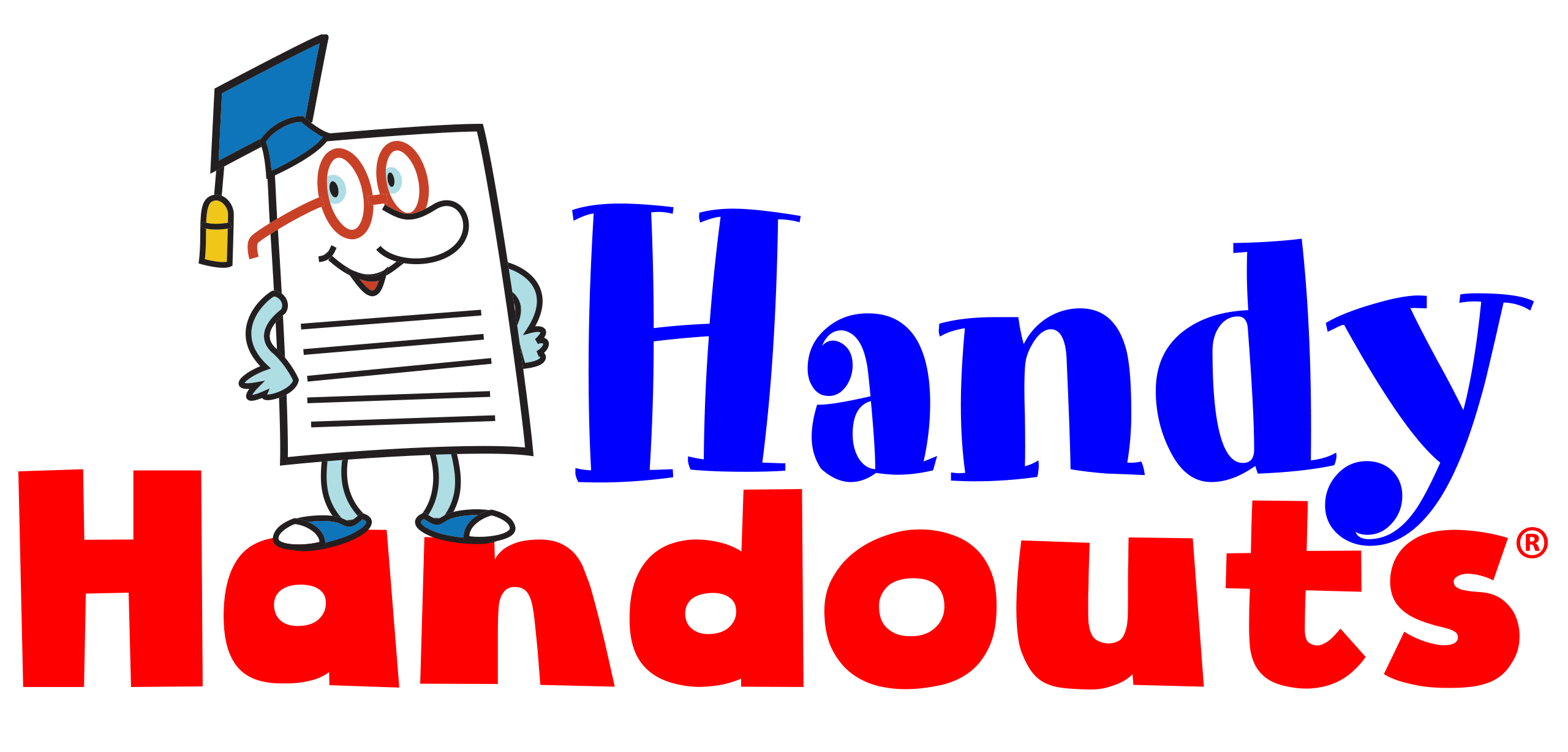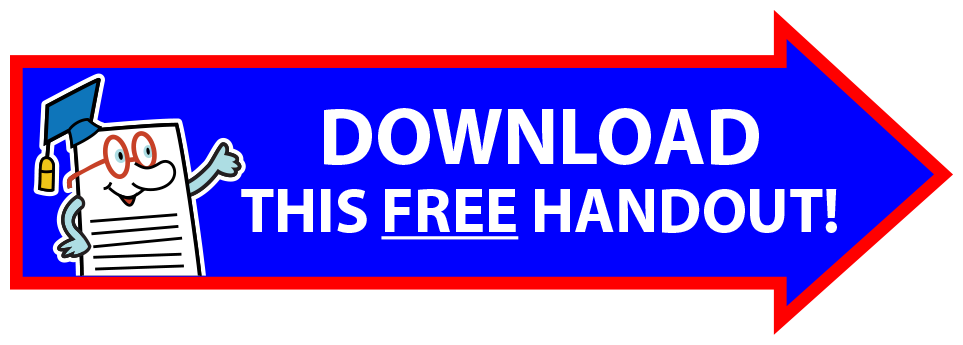By Natalie J. Dahl, M.S., CCC-SLP
In a child’s fifth year of life, speech and language skills are continuing to grow at a rapid rate. The child understands most of what is heard at home and in school. He or she is understood 80-90% of the time, makes up simple stories, and can respond to questions appropriately. Socially, the child enjoys talking with others and can maintain conversation.
The following list shows behaviors that a child will probably exhibit throughout his or her fifth year of life. Every child is unique, and this list should be used as a general guide. If a child is not meeting the developmental milestones below, consider consulting with a speech-language pathologist to determine further action.
Four to Five Years – Receptive Language (Hearing/Understanding)
- Understands approximately 2,500-2,800 words
- Follows directions with 3-4 critical elements (e.g. “Find the green ball and put it under your bed.”)
- Follows directions with multiple steps (e.g. “Change into your pajamas, brush your teeth, choose a book.”)
- Follows classroom directions (e.g. “Put an X on your paper over something you sit on.”)
- Listens and attends to stories, conversations, and movies
- Understands most of what is heard at home and in school
Four to Five Years – Expressive Speech and Language (Speaking)
- Uses approximately 1,500-2,000 words
- Speaks clearly 80-90% of the time
- Says all speech sounds in words; may make mistakes on s, l, r, sh, ch, th, j, v, z, and consonant blends such as st
- Uses language to retell events, reminisce, wonder, and connect ideas
- Responds to “What did you say?”
- Can look at pictures in a book and make up simple stories
- Makes up short stories with dolls, action figures, or stuffed animals
- Uses all pronouns correctly
- Describes how common objects are used
- Uses past, present, and future tenses of regular verbs
- Uses many irregular verbs and irregular nouns, but sometimes mixes up the correct forms (e.g. “He falled down.”)
- Uses common opposites, like heavy/light and big/little
- Repeats sentences with 10-12 syllables
- Talks without “stuttering” most of the time
- Names letters and numbers
Four to Five Years – Social Language
- Keeps a conversation going
- Talk in different ways, depending on the listener and/or setting (i.e. uses shorter sentences with younger kids or talks quieter inside than outside)
- Likes to chitchat with others throughout the day
Resources
Hamaguchi, Patricia McAleer. 2010. Childhood Speech, Language & Listening Problems – 3rd Edition. New Jersey: John Wiley & Sons, Inc. “What should my child be able to do?” accessed December 9, 2019,
https://www.asha.org/public/speech/development/45/</div>


